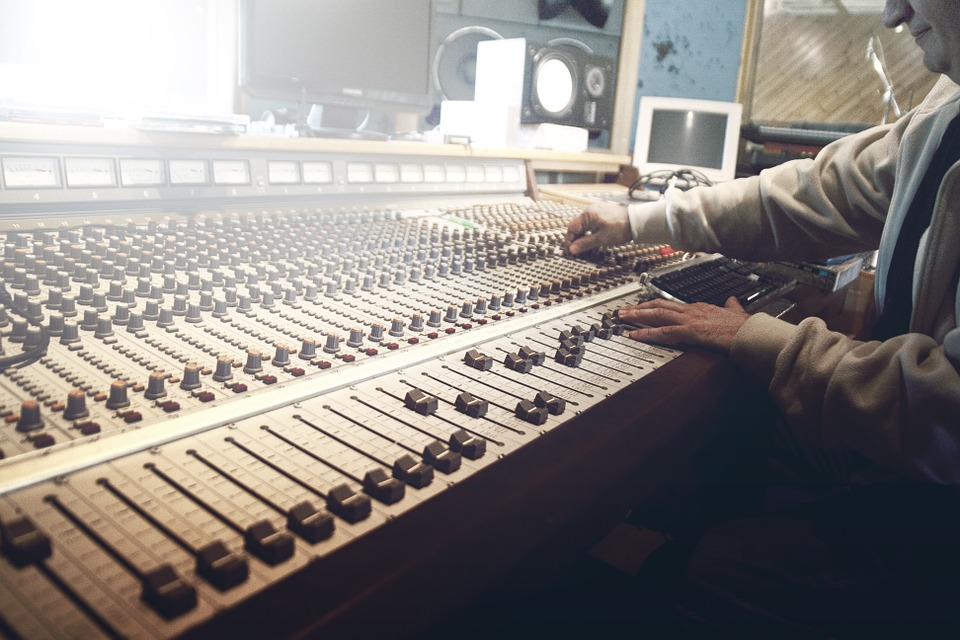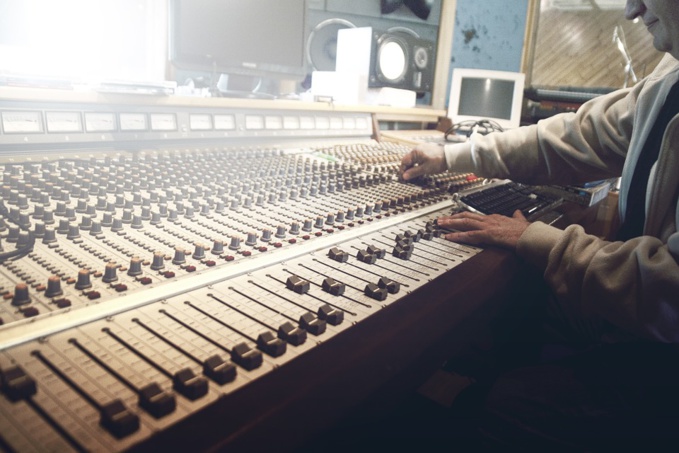According to MIDiA Research, last year was a record for YouTube video hosting and Vevo music video site in terms of video views’ number - this figure rose by 132% year over year to $ 751 billion. However, amount of YouTube’s deductions to recording companies, which provide the video hosting with licensed content, increased during this period only by 15% to $ 740 million.
As noted in MIDiA Research’s study, one of the reasons for this is that YouTube, unlike Spotify music service, pay rights holders for every view of their videos, but instead allocates some of the money from advertising in these videos. Last year, the advertising market did not brilliant, and YouTube’s advertising revenue fell. This, in turn, had an impact on royalties to recording companies. With reference to data from the International Federation of the Phonographic Industry, MIDiA Research reports that size of the charge for each video in the past year decreased from $ 0,002 to $ 0,001. Supposing it did not happened, the recording companies could shake additional $ 755 million out from YouTube.
As noted MIDiA Research’s analyst Mark Mulligan, "YouTube is primarily an advertising business. However, the recording companies are not accustomed to be paid depending on the services’ level of profitability". Thus, YouTube and Vevo (uses the same payment scheme) allocated 55% of their income to the recording companies. Spotify’s figure for the last year was even higher (83%).
Financial Times reports that YouTube also dissatisfies musicians. They believe that the video hosting deprived them of their legitimate income, allowing to place pirated videos on the website . According to the musicians’ complaints to the US government and the European Commission, the video hosting uses a loophole in DMCA (Digital Millennium Copyright Act). The musicians are sure that this law, passed in 1998, guarantees YouTube protection against prosecution for placement of unlicensed content, without forcing the fight against piracy as it should. Musicians wants the law to be revised. The recording companies, for their part, are also struggling to convince the regulators to do that. Sony Music, for example, stressed that «Sony will never get untold millions of dollars in revenue" due to the fact that YouTube is not doing enough to identify Sony Recordings’ pirated video uploaded to the site.
source: ft.com
As noted in MIDiA Research’s study, one of the reasons for this is that YouTube, unlike Spotify music service, pay rights holders for every view of their videos, but instead allocates some of the money from advertising in these videos. Last year, the advertising market did not brilliant, and YouTube’s advertising revenue fell. This, in turn, had an impact on royalties to recording companies. With reference to data from the International Federation of the Phonographic Industry, MIDiA Research reports that size of the charge for each video in the past year decreased from $ 0,002 to $ 0,001. Supposing it did not happened, the recording companies could shake additional $ 755 million out from YouTube.
As noted MIDiA Research’s analyst Mark Mulligan, "YouTube is primarily an advertising business. However, the recording companies are not accustomed to be paid depending on the services’ level of profitability". Thus, YouTube and Vevo (uses the same payment scheme) allocated 55% of their income to the recording companies. Spotify’s figure for the last year was even higher (83%).
Financial Times reports that YouTube also dissatisfies musicians. They believe that the video hosting deprived them of their legitimate income, allowing to place pirated videos on the website . According to the musicians’ complaints to the US government and the European Commission, the video hosting uses a loophole in DMCA (Digital Millennium Copyright Act). The musicians are sure that this law, passed in 1998, guarantees YouTube protection against prosecution for placement of unlicensed content, without forcing the fight against piracy as it should. Musicians wants the law to be revised. The recording companies, for their part, are also struggling to convince the regulators to do that. Sony Music, for example, stressed that «Sony will never get untold millions of dollars in revenue" due to the fact that YouTube is not doing enough to identify Sony Recordings’ pirated video uploaded to the site.
source: ft.com



















